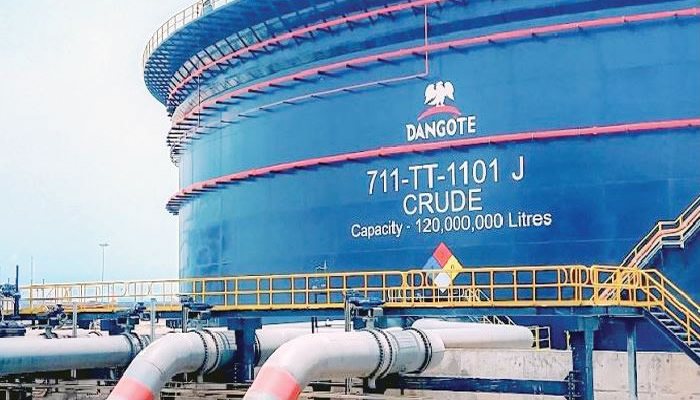
In a move aimed at easing economic pressures for Nigerians, Dangote Petroleum Refinery announced a reduction in the ex-depot price of Premium Motor Spirit (PMS) from N950 to N890 per litre, effective Saturday night. This decision, according to the refinery, is driven by favourable developments in the global energy sector and a significant drop in international crude oil prices.
Anthony Chiejina, the Group’s Chief Branding and Communications Officer, expressed that the price adjustment aligns with market realities and is expected to generate positive ripple effects across the economy. The refinery also urged marketers nationwide to ensure the benefits of the price reduction are passed on to consumers.
However, the price cut has created a mix of reactions among petroleum marketers. While some welcomed the development, others raised concerns about the immediate impact on their businesses. Marketers who had stocked up on petrol prior to the price reduction face the challenge of selling below their purchase costs, potentially incurring significant financial losses.
Hammed Fashola, Vice President of the Independent Petroleum Marketers Association of Nigeria (IPMAN), acknowledged the positive impact of the price cut but noted its adverse effects. “If a marketer purchased products at the higher price and had not sold them before the reduction, they would be forced to sell at a loss,” Fashola explained. He added that the competitive nature of the market means that marketers must reduce their prices to remain viable, as those who do not risk losing customers to competitors offering cheaper products.
Fashola emphasized the importance of careful purchasing decisions, with marketers needing to be well-informed about market developments to avoid financial losses. He also pointed out that Dangote’s price reduction is a response to recent threats from importers, who had argued that imported PMS was cheaper than locally refined products. “Dangote’s reaction to this situation shows the benefits of competition, and it’s ultimately the public that stands to gain from cheaper fuel,” Fashola said.
In line with Fashola’s comments, Billy Gillis-Harry, National President of the Petroleum Products Retail Outlet Owners Association of Nigeria (PETROAN), welcomed the price reduction, highlighting its potential to alleviate the burden on Nigerians by reducing transportation costs and lowering the cost of goods and services. “This reduction will lead to more disposable income for households and drive economic activity, contributing to overall growth and development,” Gillis-Harry remarked.
The National Publicity Secretary of IPMAN, Chinedu Ukadike, also weighed in, noting that while the price reductions benefit consumers, they impose significant financial strain on marketers, who are often forced to sell below their cost price. He recalled how the entry of the Dangote refinery earlier in 2024 had similarly disrupted the market, leading to losses for marketers, particularly when the refinery reduced diesel prices.
Despite the challenges faced by marketers, there is a consensus that competition, driven by the Dangote refinery’s price reduction, is an essential aspect of a deregulated market. Both industry stakeholders and consumers alike stand to benefit from the resultant drop in fuel prices, though the transition is proving difficult for some within the sector.



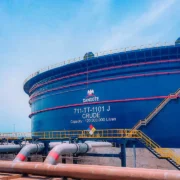

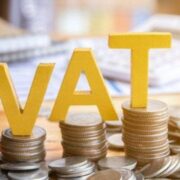
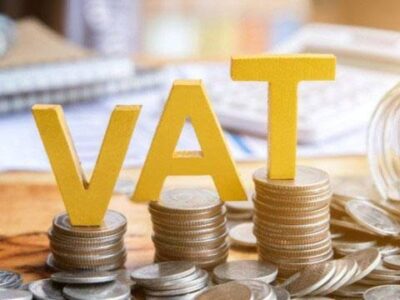
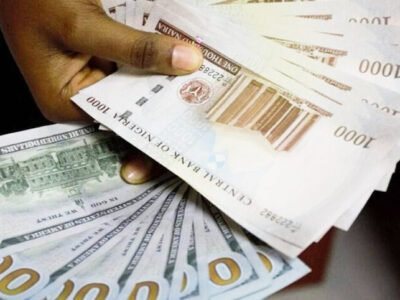
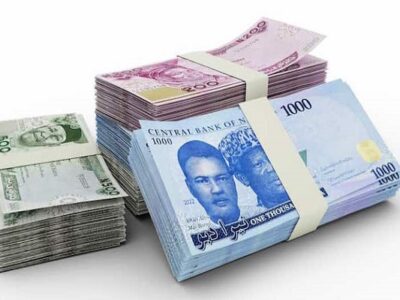




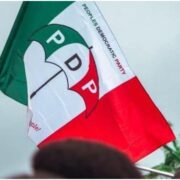










Comments